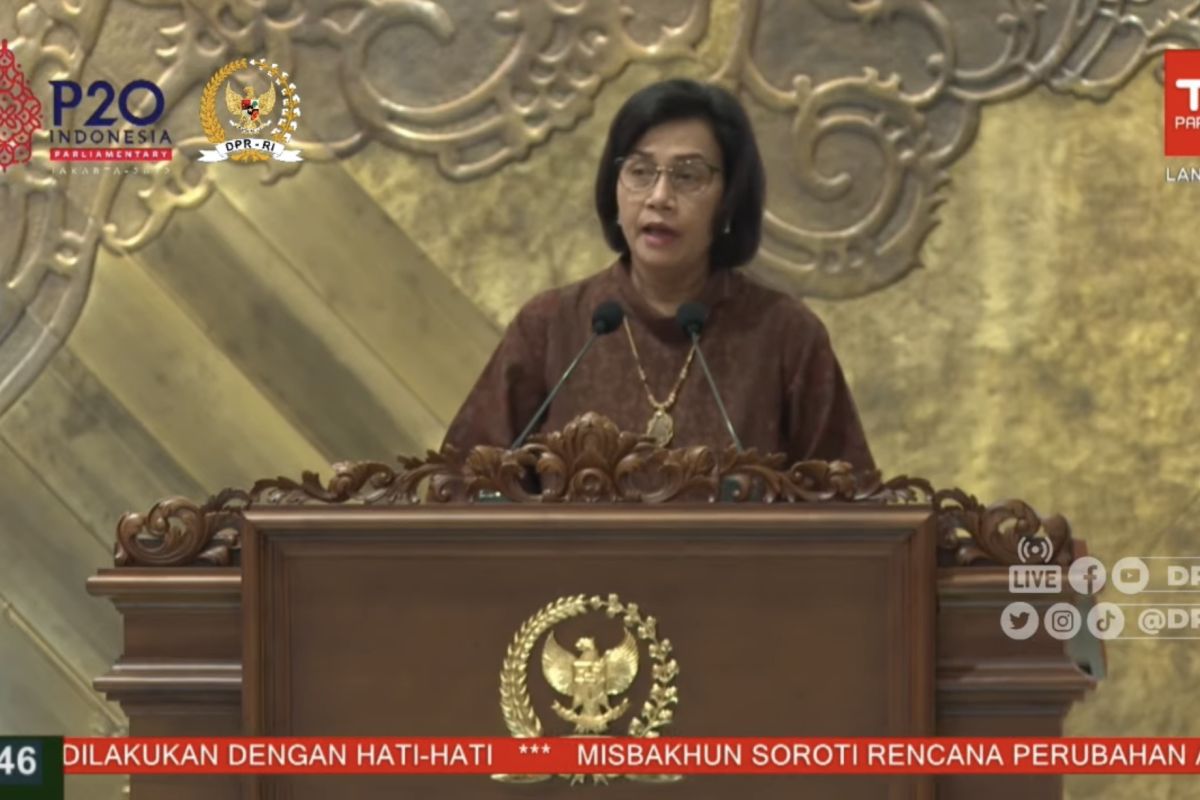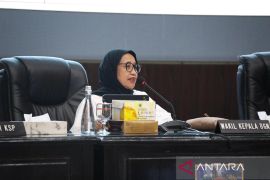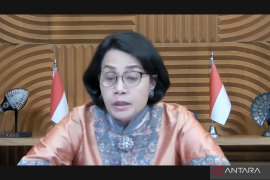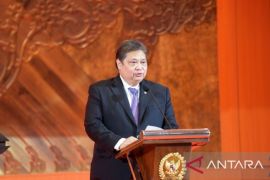However, the government understands that unforeseen development frequently occurs, she noted during the House of Representatives' (DPR's) plenary meeting here on Tuesday.
The current rise in global commodity prices clearly affects inflation in various countries, such as the United States, with 8.4 percent; England, nine percent; and Europe, above seven percent.
Inflation in various emerging countries also rose above seven to eight percent, even reaching double-digit figures, such as in the case of Argentina, with 58 percent, and Turkey, 70 percent, in April 2022.
The pressure of domestic inflation can be seen in April 2022 when it reached 3.5 percent, though it was still relatively lower as compared to various developed and emerging countries.
On the other hand, various international institutions estimated that commodity prices will start to decline and become lower next year.
Next year's global inflation rate is estimated to be lower as compared to this year due to monetary restrictions to handle demand and the decline of the commodity boom.
In addition, the government strives to maintain the inflation rate, including by providing subsidy, to maintain the selling price of fuel oil, LPG, and electricity.
In this scenario, the state budget acts as a shock absorber, thereby translating to the fact that it protects the people by maintaining their purchasing power and maintains the momentum of economic recovery, Indrawati emphasized.
"To this end, we seek DPR's agreement to add budget for subsidy and compensation, the value of which is estimated to be above Rp520 trillion," she stated.
The policy to handle inflation is implemented along with Bank Indonesia (BI) through the strong coordination forum and national inflation control team forum at the central and regional levels.
According to the minister, these inflation-handling efforts have managed to maintain Indonesia's inflation at a relatively low level as compared to various countries.
"Various policies to protect the people, include subsidy and social aid conducted as an economic recovery strategy and to maintain the purchasing power through inflation handling," she explained.
Related news: High inflation threatening global economy: Finance Minister
Related news: Finance Ministry monitoring price stability to control inflation
Related news: Indonesian economy doing well amid global pressures: KSP
Translator: Astrif Faidlatul H, Fadhli Ruh
Editor: Sri Haryati
Copyright © ANTARA 2022












